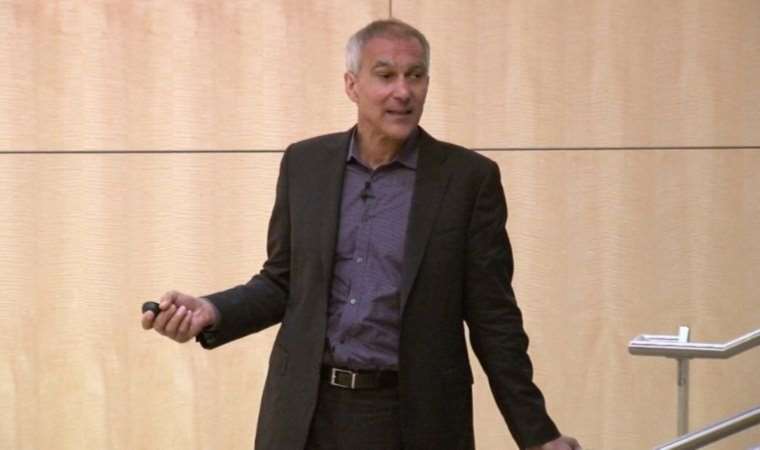MIT Professor Moungi Bawendi, who just earned the Nobel Prize in Chemistry, disclosed that he had failed his first undergraduate Chemistry exam in an enlightening tale of resilience and perseverance.
In high school, Bawendi, a 62-year-old with Tunisian and French ancestry, excelled in science without ever having to exert much effort. But he was in for an unexpected discovery when he enrolled at Harvard University as an undergraduate in the late 1970s.
“I was used to not having to study for exams.” The immense size of the hall and the stern proctor’s presence both made him feel terrified. He recalled, “I looked at the first question and I couldn’t figure it out, and the second question I couldn’t figure it out,” he told reporters.
He ultimately received the lowest grade in his class, 20 out of 100.
“Oh my god, this is the end of me. What am I doing here?” He recalled.
Even though Bawendi enjoyed chemistry, he immediately realised that he hadn’t mastered the technique of studying for exams.
He claimed that after learning how to study, which was something he had never done before, “it was 100s on every exam, pretty much”.
He gives young people the straightforward advice to “persevere” and not allow disappointments to destroy them.
“It could easily have destroyed me, my first experience with an F, the lowest grade in my class by far,” he added.
As a co-winner of this year’s Nobel Prize in Chemistry, Bawendi is responsible for the development of “quantum dots”—nanoparticles that are now present in next-generation TV displays and that aid in illuminating internal tumours.
Although he did not discover them, Bawendi revolutionised the methods for producing them precisely and at a large scale, opening the door for their current usage.








Leave a Reply